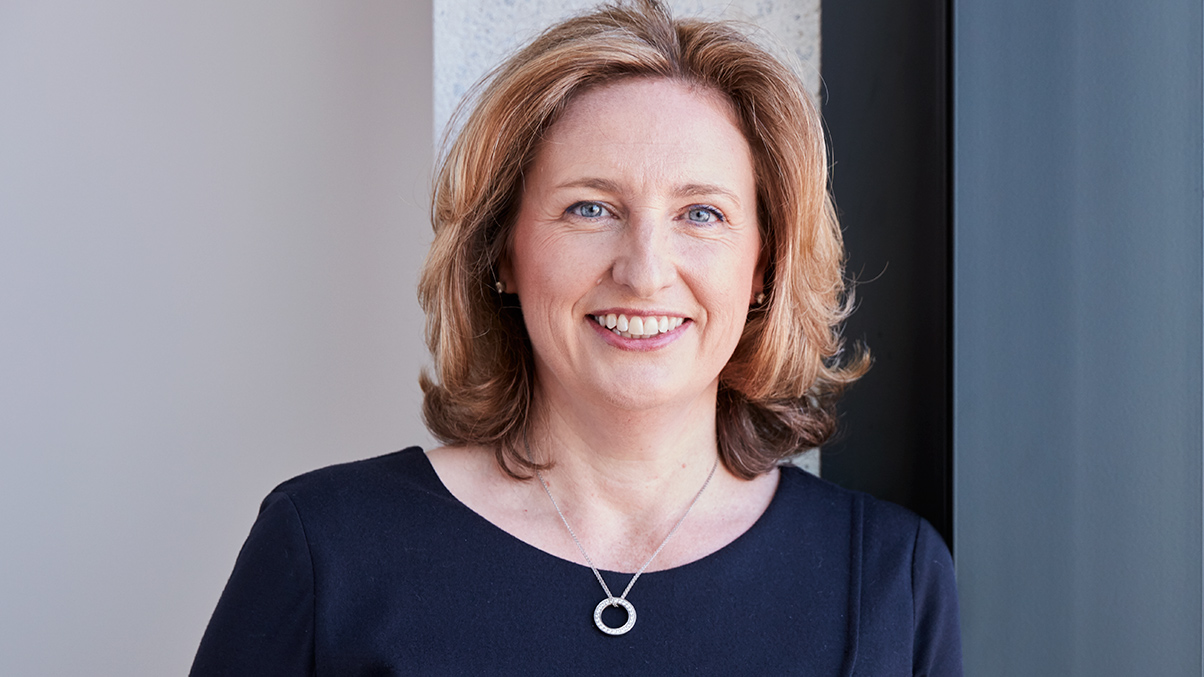Debbie Chism spoke alongside a number of experts from the family law industry on a webinar hosted by Spear’s. The panel spoke about the things couples need to consider if their marriage is facing difficulties during the lockdown, as well as how the family courts are adapting to cope with the current circumstances.
The panel discussed the reported likely surge in divorces as a result of the lockdown. Debbie made the point that already fragile relationships are likely to suffer and may not survive this situation. She thinks this will lead to a spike in the divorce rate.
Debbie also stressed that if there are people who are considering getting divorced but have not yet made the decision, it is advisable to speak to a divorce lawyer early on. “Divorce lawyers are not here to break up marriages, they can help too,” Debbie said, outlining the therapists and counsellors that family lawyers are often connected with who may be able to help a couple experiencing strain.
Debbie highlighted the uncertainty that is likely to follow the current crisis and the fact that people do not like getting divorced in times of uncertainty. At the moment, nobody knows the value of properties, or whether businesses are likely to survive, so it is a difficult time. Debbie said that people tend to divorce at two points, either when they are feeling financially comfortable or at the bottom of a recession when they believe the process is likely to cost them less.
The panel also discussed the historic case of Barder and the precedent it set, and considered whether it is relevant in the current circumstances.
The case of Barder is likely to be relevant for clients who have recently agreed a deal or who had a financial court order made in the last few months before this crisis. Debbie says:
“Barder is about the circumstances in which you can set aside the financial agreement that has been reached, or appeal the order that was made if there has been some kind of catastrophic event following that agreement or order. The catastrophic event can be personal or financial.”
The Barder case was a hugely tragic one in which was a mother killed her children and then took her own life a few weeks after a financial court order was made. The order was successfully appealed as the actions of the mother were unforeseen. Barder can also apply to unforeseen financial situations, including catastrophic changes in the value of assets and businesses going under.
Debbie explained that the financial position now was different from that in 2008 when people tried to argue Barder to change financial orders. The court refused at that time as it decided that a recession is part of the normal economic cycle and so not unforeseen. However, the current situation is different as there has been a “cliff edge” of an economic collapse and it is not a recession that would have been a normal part of the cycle of economic events. Debbie thinks that with companies and people suffering huge uninsurable financial losses (in some cases losses that they cannot recover from), as well as many deaths of otherwise healthy people, the current circumstances could well constitute a Barder event.
The panel also discussed the situation in the family courts and how the High Court in London is still operating, albeit on a remote basis and with things taking a little longer. The Central Family Court was also trying to keep up, but operating with reduced staff numbers at the moment. The panel agreed that the use of private hearings or arbitration was likely to increase in order to keep things moving while the court process has slowed.
The full webinar can be accessed via the Spear’s website, here.
You can find further information regarding our expertise, experience and team on our Divorce and Family pages.
If you require assistance from our team, please contact us or alternatively request a call back from one of our lawyers by submitting this form.
Subscribe – In order to receive our news straight to your inbox, subscribe here. Our newsletters are sent no more than once a month.






